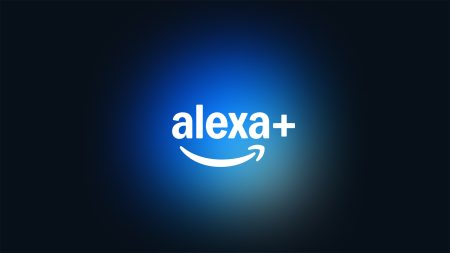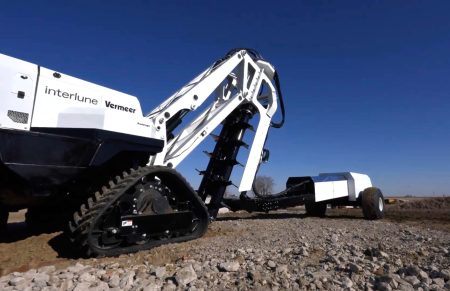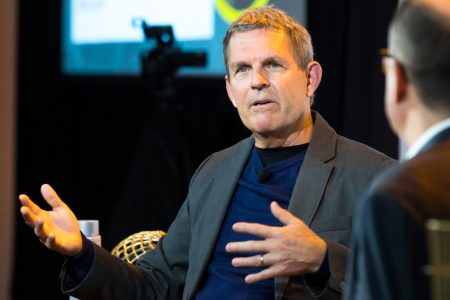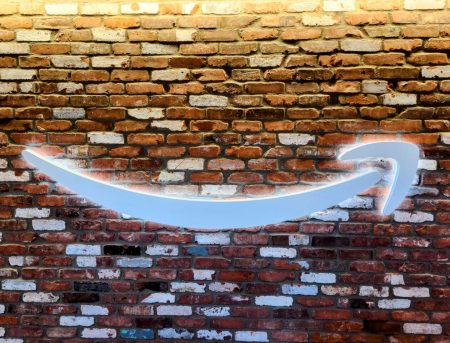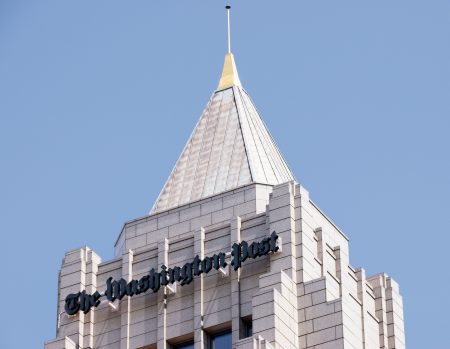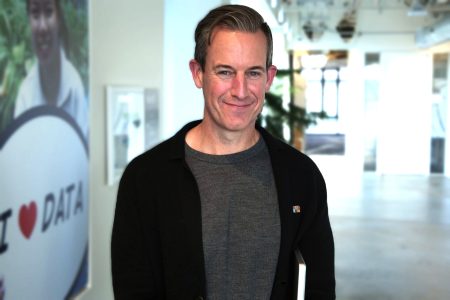The Washington Wealth Tax Debate: A Clash of Perspectives
Washington state finds itself at the center of a renewed debate over tax policy, as Governor Jay Inslee’s proposed wealth tax sparks controversy. The proposal aims to levy a 1% tax on personal wealth exceeding $100 million, targeting an estimated 3,400 residents and projected to generate $10.3 billion over four years. This revenue is intended to address a significant budget shortfall and fund government programs. However, the proposal has reignited concerns about the potential impact on the state’s business environment, particularly within the tech sector.
Critics argue that such taxes discourage entrepreneurship and drive away high-net-worth individuals who are crucial for investment and innovation. Seattle-based venture capitalist Aviel Ginzburg warns of a potential exodus of startup founders and investors, characterizing the tax as a "disaster" that could cripple the innovation ecosystem. The Washington Policy Center echoes these concerns, suggesting that the tax targets the very innovators who drive economic growth. Opponents draw parallels to the recent capital gains tax, claiming it contributed to tech figures like Jeff Bezos relocating and businesses like Fisher Investments departing for Texas. They argue that Washington should be attracting the next generation of tech leaders, not driving them away.
Conversely, proponents of the wealth tax emphasize the need to address income inequality and fund essential public services. They highlight Washington’s regressive tax system, which relies heavily on sales, property, and business taxes, disproportionately impacting low-income individuals and families. Governor Inslee underscores the significant wealth disparity created by the state’s strong economy, arguing that a wealth tax is necessary to ensure that the wealthiest residents contribute their fair share to public goods like childcare, housing, and healthcare. Furthermore, some argue that tax policy has a minimal impact on innovation, citing California’s thriving tech sector despite its high tax burden as evidence. Research also suggests that raising taxes on the wealthy does not necessarily lead to significant interstate or international migration.
Navigating the Complexities of a Wealth Tax
The debate over Washington’s wealth tax proposal highlights complex economic and social considerations. While opponents express concerns about hindering innovation and driving away investment, proponents emphasize the need for a more equitable tax system to fund public services and address income inequality. Furthermore, the administrative challenges and potential unintended consequences of a wealth tax must be carefully considered.
The Washington State Department of Revenue acknowledges the difficulties in implementing and administering a wealth tax. The valuation of intangible assets, enforcement mechanisms, and ensuring compliance pose significant challenges. Moreover, accurately estimating revenue generation is complex due to limited data, valuation complexities, and the potential for wealthy individuals to relocate. Despite these challenges, the Department expresses confidence in its ability to administer the tax should it become law. However, the feasibility and long-term effectiveness of such a tax remain open questions.
The Broader Context of Washington’s Tax Landscape
Washington’s tax structure, which lacks personal and corporate income taxes, plays a significant role in this debate. Critics argue that this system disproportionately burdens low-income individuals and families, making a wealth tax a necessary tool for achieving a more equitable distribution of the tax burden. However, opponents contend that the state should prioritize broader budget reforms and spending efficiencies before implementing new taxes.
The Seattle Metropolitan Chamber of Commerce advocates for a comprehensive review of the state’s budget practices before considering new revenue sources. They emphasize the importance of responsible fiscal management and suggest that a wealth tax should only be considered after exploring other avenues for addressing the budget shortfall. This perspective underscores the need for a holistic approach to tax policy, considering both revenue generation and efficient allocation of resources.
The Future of Washington’s Wealth Tax
The fate of Washington’s wealth tax proposal remains uncertain. As Governor Inslee prepares to leave office, the incoming administration will inherit this contentious issue. The debate will likely continue as lawmakers grapple with the competing priorities of funding essential programs, fostering economic growth, and maintaining a competitive business environment. The experiences of other states and countries that have attempted to implement wealth taxes will also be closely examined as Washington considers its next steps.
Several states have considered similar wealth tax proposals in recent years, but none have been successfully enacted. A federal proposal targeting fortunes over $50 million has also been reintroduced, further fueling the national conversation about wealth taxation. The outcomes of these initiatives and the ongoing debate at the federal level will undoubtedly influence the trajectory of Washington’s wealth tax proposal.
Conclusion: A Balancing Act
The wealth tax debate in Washington underscores the inherent tension between generating revenue for public services and maintaining a favorable environment for economic growth and innovation. Striking a balance between these competing priorities is essential for ensuring the long-term prosperity and well-being of the state. As the debate unfolds, policymakers must carefully consider the potential consequences of a wealth tax, weigh the various perspectives, and make informed decisions that serve the best interests of all Washington residents. The discussion surrounding this proposal highlights the complexities of tax policy and its profound implications for individuals, businesses, and the state’s economy as a whole.






